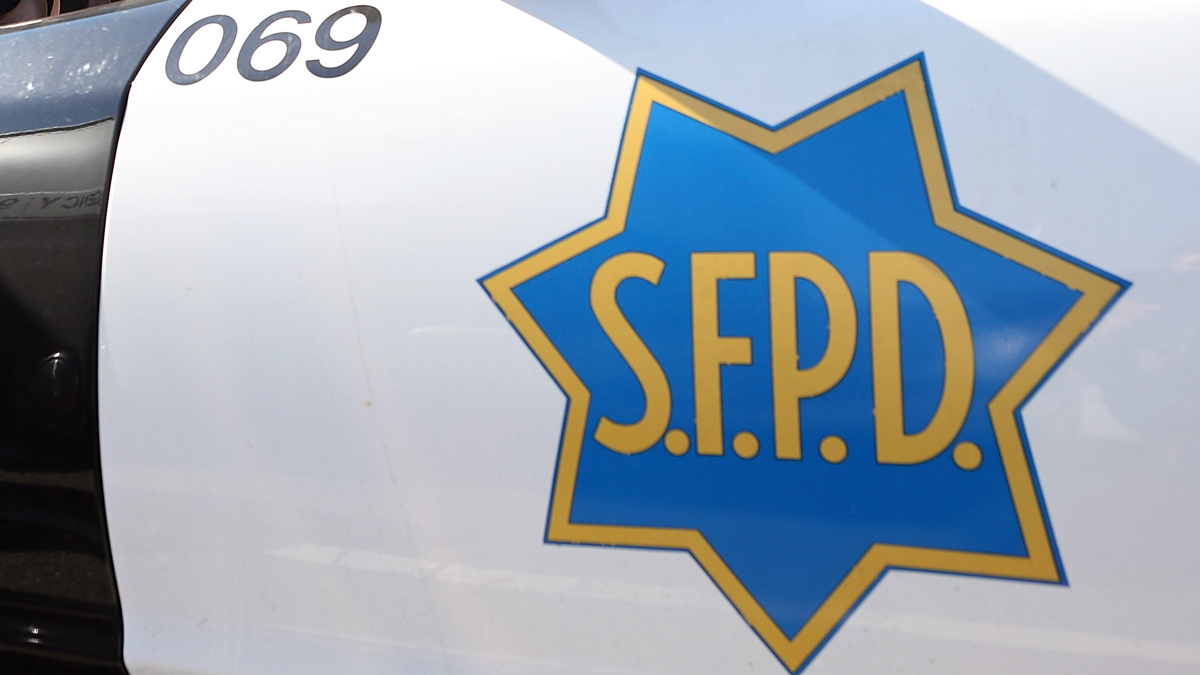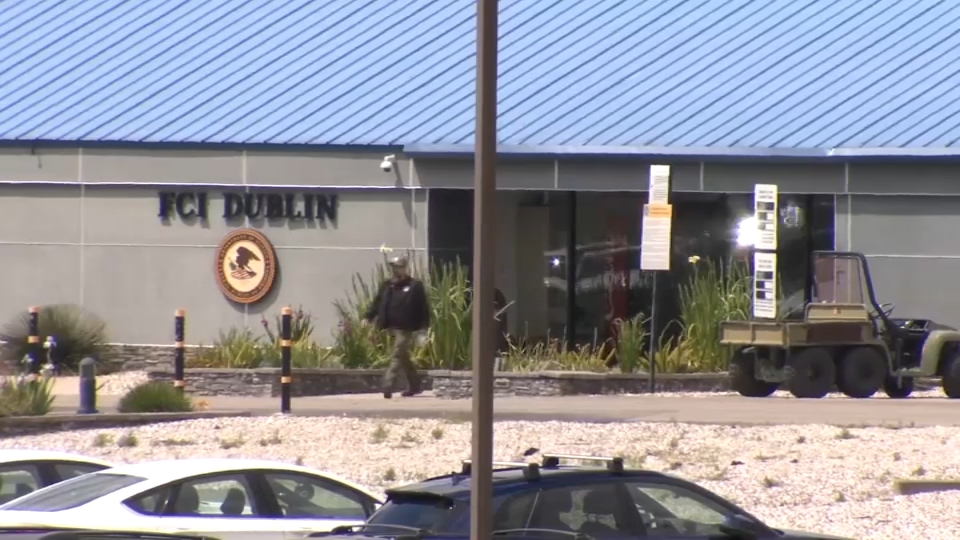This city's most popular neighborhoods are night owls, streets that come alive when the restaurants and pubs set the mood and light their candles. But try parking in these hot spots: no fun.
Now, in a move some cities have tried and others are considering in these hard times, San Francisco's transportation agency, anticipating a multi-million dollar deficit, is proposing a plan it says will help ease parking snafus. It wants to extend parking meter hours -- up to midnight in the trendiest neighborhoods, and on Sundays everywhere.
Those who already find it hard to park on the streets in the day time are not happy.
"It's putting the penalty on the people who can least afford it," said Peter Govorchin, a music teacher for the San Francisco public schools who said he already averages $500 in parking tickets each year.
The move would raise more than $8 million a year, free up more parking spots and help business, says the San Francisco Metropolitan Transit Agency. But San Francisco, always game for a good fight, is in for a battle royale if other cities that have proposed or enacted meter changes are any indication.
Just across the Bay Bridge, the Oakland City Council is still smarting after it extended parking meters by two hours and increased rates and fines. That led to such a revolt -- including recall petitions -- that the new rules were rescinded last month, three months after they took effect.
Earlier this year, when Chicago, desperate for revenue, leased its parking meter system for 75 years to Morgan Stanley for $1.15 billion, parking meter hours were extended, rates were quadrupled, citation fees were hiked and Mayor Richard Daley's approval ratings fell to their worst level, 35 percent.
Local
Parking meters have become such a political issue that in St. Petersburg, Fla., mayoral candidates have run on proposals to either eliminate all parking meters downtown or reduce meter enforcement hours.
In San Francisco, where the SFMTA unveiled a 37-page study on extending parking meters on Oct. 20, the battle lines are being drawn.
On the nay side are small-business owners, residents who live in commercial areas, the anti-war group A.N.S.W.E.R. (for Act Now to Stop War and End Racism), the parking control officers union and Mayor Gavin Newsom.
On the aye side are environmental activists and members of the Board of Supervisors, as well as residents, who argue that San Francisco can never have a first-class public transit system if it continues to raise fares and cut service while cars get a free pass, at least at night.
The mayor, who appoints the transit agency board that will decide on the proposal at an unspecified date, says the "timing" of the plan is wrong, given the economic crisis.
The Office of Small Business has been inundated with business owners worried about what the meters would do. "From our office's perspective, businesses are teetering," said its director, Regina Dick-Endrizzi. "Anything else affecting their ability to keep alive shouldn't be done now."
Parking control officers are worried about getting assaulted by irate drivers late at night. "We don't want our people getting beat for giving out a ticket at 11 o'clock at night," said Dominic Garrett, S.E.I.U. Local 1021 chapter president. "Why do they have to have meters late at night, anyway, when people who live in these neighborhoods park?"
The SFMTA, which operates the city's bus and light rail system, is hoping to sell its plan over the next several weeks to merchants associations and neighborhood groups, says spokesman Judson True. Thus far, he said, "Those with concerns definitely outweigh those who are for the plan."
Michael O'Connor is past president of the city's Small Business Commission and owner of a club and a boutique in two of the neighborhoods slated for midnight meters. He is starting an advocacy organization for small business owners. First order of business: the parking meters.
"I have two questions," he said. "What else is the city going to do to scare people away--and what is it going to do with the money it collects?"
The SFMTA, which was forced to cut service and raise public transit fares in July to help close a $129 million deficit, expects another large deficit this fiscal year, True said. But the agency hopes the plan will ease traffic congestion -- since there will be fewer cars circling for parking -- and thus improve on-time performance and service.
Small business owners aren't the only ones up in arms. Two thirds of the city 809,000 residents are renters, a majority of those have cars and no driveways, and the parking citation stories they tell could fill a book.
"Living in the Mission and having contact with poor, working class communities, you see that people are really besieged with tickets," said Forrest Schmidt, an activist with A.N.S.W.E.R. "It's a random form of taxation that often results in people having their cars taken from them. I mean, if you want to create more parking spaces, create more parking spaces."
But Sue Vaughn, a Green Party activist and member of the SFMTA's citizen advisory board, says that the parking meter plan will help San Francisco prepare for a future without cars.
"We've heard from all these peak oil experts," she said, "and they're saying we need to start preparing for a different reality: no more cars."



